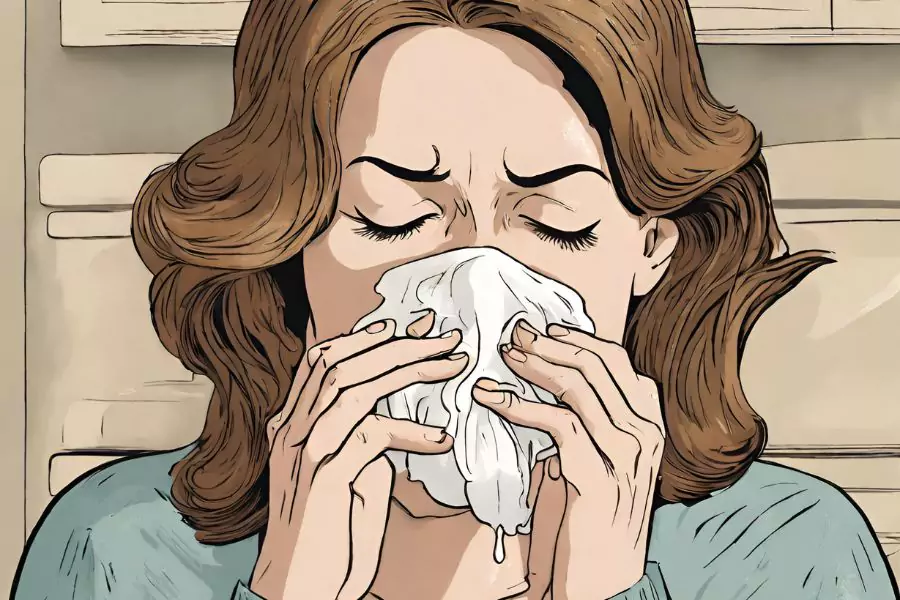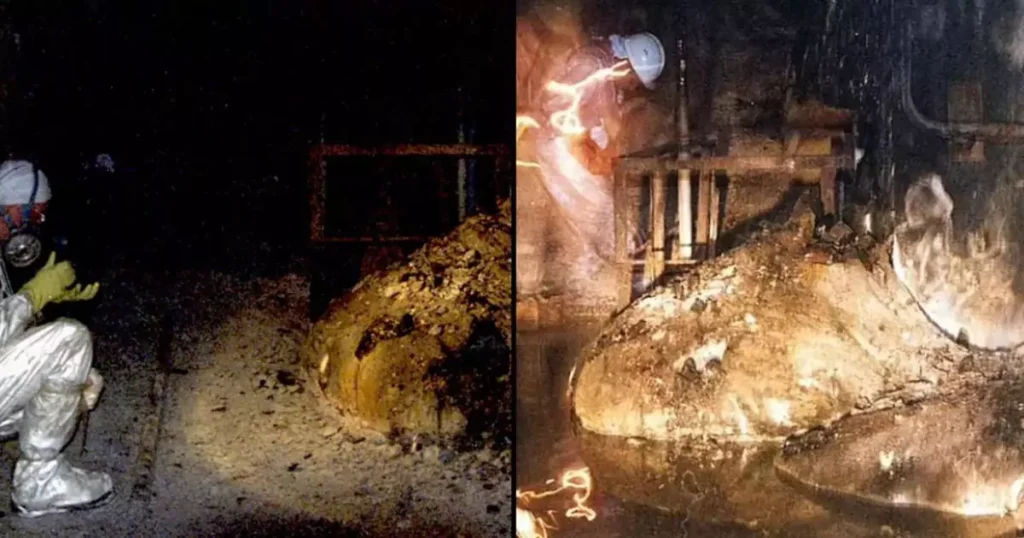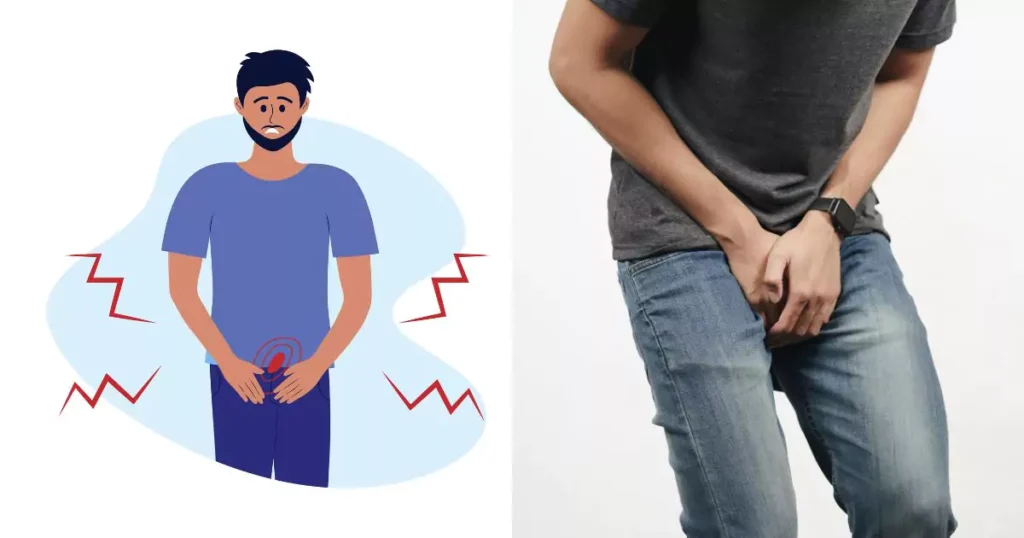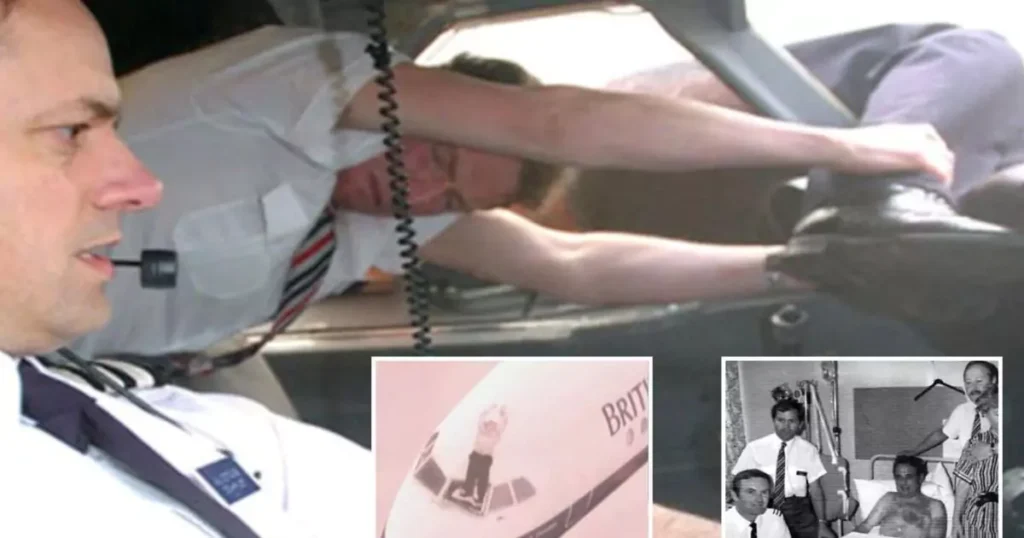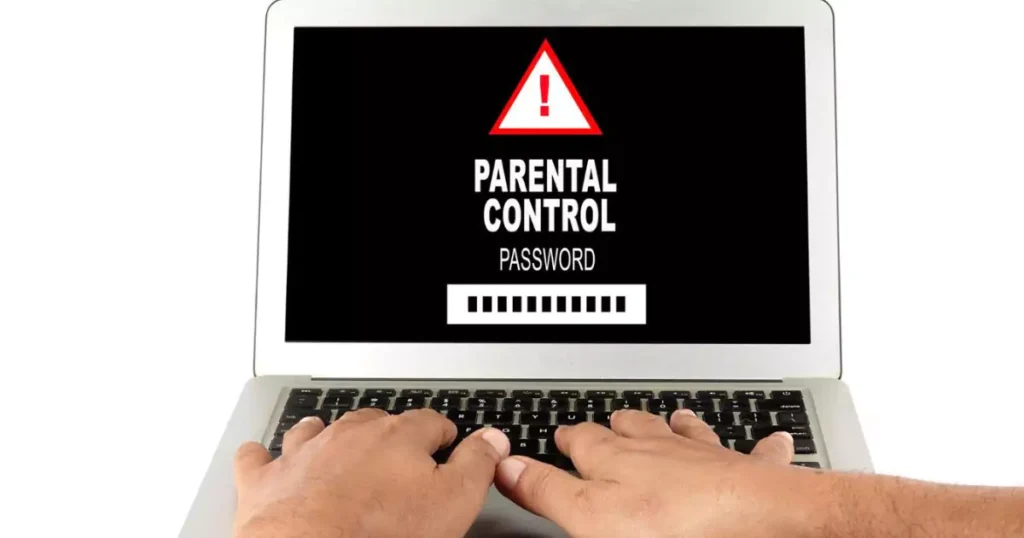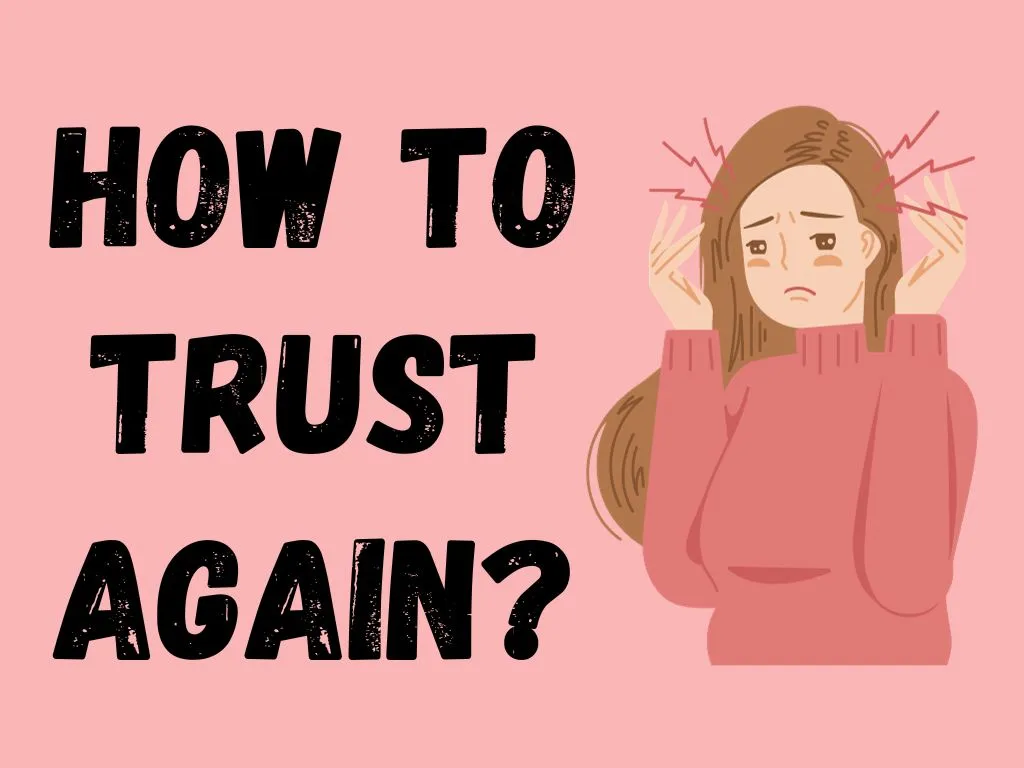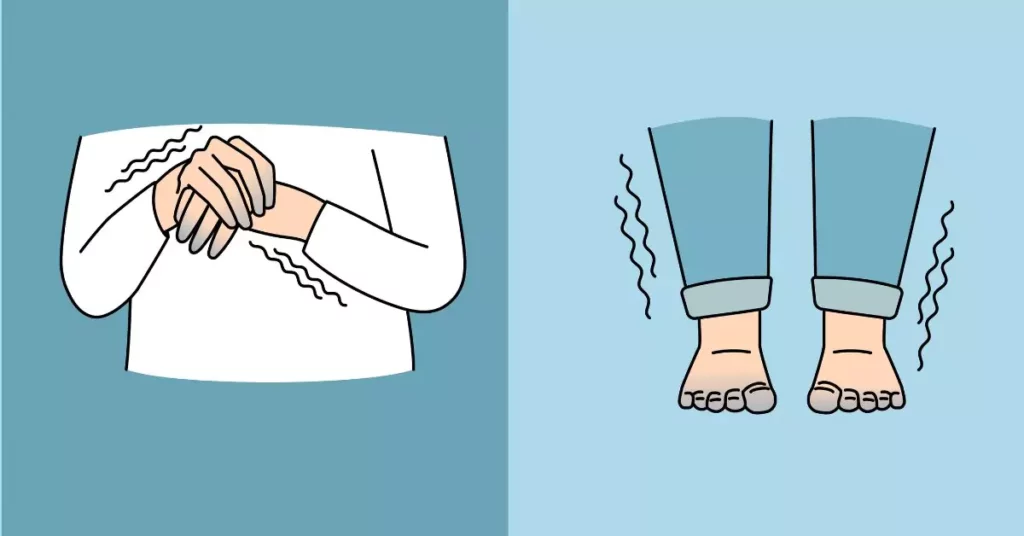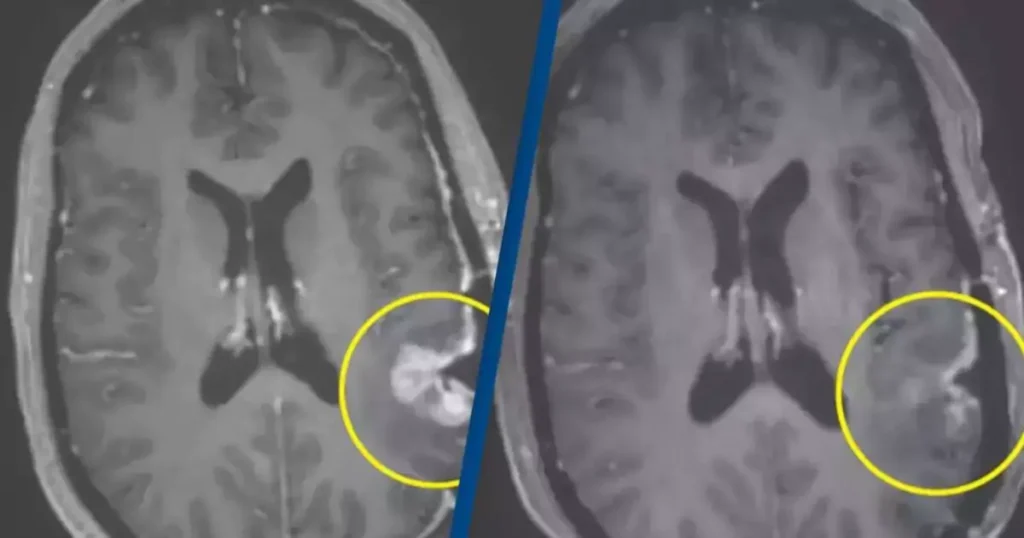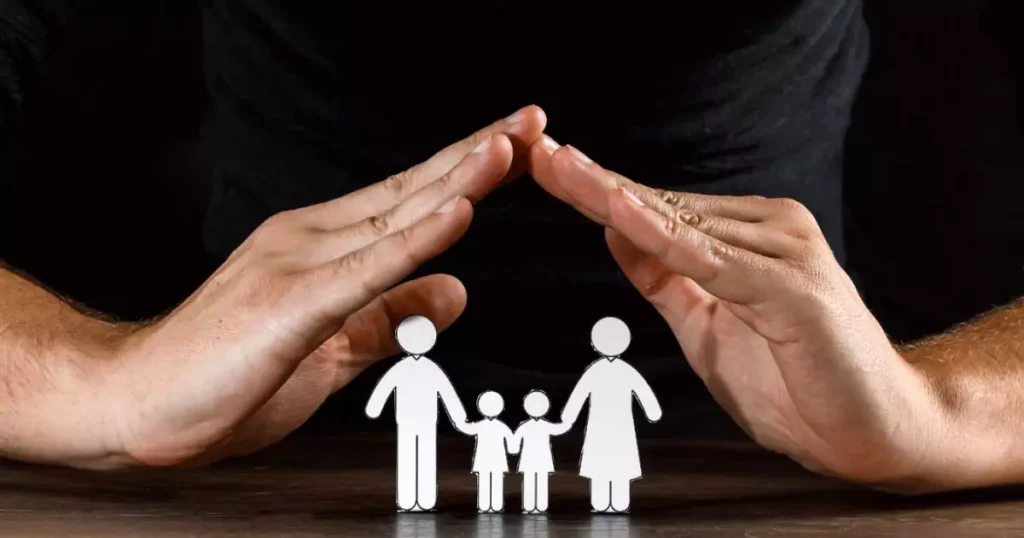
Jody Horne, a vibrant woman in her twenties from Melbourne, Australia, was living a joyful life without any significant health concerns. However, just two weeks before her 29th birthday, she was diagnosed with bowel cancer, a revelation that would change her life dramatically. Jody’s story is a poignant reminder of the importance of paying attention to early symptoms and seeking timely medical advice.
Early Signs and Symptoms Overlooked
Jody had been experiencing mild but concerning symptoms for several months. She often felt overly tired, noticed occasional blood in her stools, and experienced some discomfort. Like many young people, Jody did not consider these symptoms serious enough to warrant immediate medical attention. She brushed them off, attributing them to less severe health issues.
Common Early Symptoms of Bowel Cancer
The early symptoms of bowel cancer can be subtle and easily overlooked. They include:
- Persistent changes in bowel habits: This includes diarrhea, constipation, or a change in the consistency of your stool.
- Rectal bleeding or blood in your stool: Even a small amount of blood can be a significant warning sign.
- Persistent abdominal discomfort: This can include cramps, gas, or pain.
- A feeling that your bowel doesn’t empty completely: This sensation can be misleading but is often a critical symptom.
- Weakness or fatigue: Feeling unusually tired can be a sign that your body is fighting something serious.
- Unexplained weight loss: Sudden and unintentional weight loss can be a red flag.
A Life-Altering Diagnosis
It wasn’t until a severe five-hour rectal bleed that Jody decided to seek medical help. She visited an out-of-hours clinic, where a doctor advised her to go to the emergency room if the bleeding didn’t stop soon. While the bleeding eventually ceased, Jody scheduled an appointment with a gastroenterologist. A couple of weeks later, she underwent a sigmoidoscopy, a procedure that screens for rectal cancers. During the scan, a polyp was detected.
Jody was then advised to have a colonoscopy to remove the polyp. During this procedure, doctors discovered a tumor. A biopsy confirmed that the tumor was cancerous, and Jody was diagnosed with Stage 2 rectal cancer. The news was devastating, coming just before her 29th birthday.
The Emotional Impact
Receiving a cancer diagnosis is a life-altering experience. For Jody, it felt like the rug had been pulled out from under her. She described feeling shocked and numb, struggling to come to terms with the reality of her situation. Informing her loved ones about her diagnosis was one of the most difficult tasks she had to undertake. The emotional toll was immense, but Jody remained resilient.
Treatment and Recovery
Jody’s treatment journey involved two major surgeries, including a life-saving temporary ileostomy. She also underwent fertility preservation treatments to freeze her eggs, hoping to have children in the future. Jody’s determination and the support of her medical team helped her navigate through these challenging times. Fortunately, her treatment was successful, and she is now cancer-free.
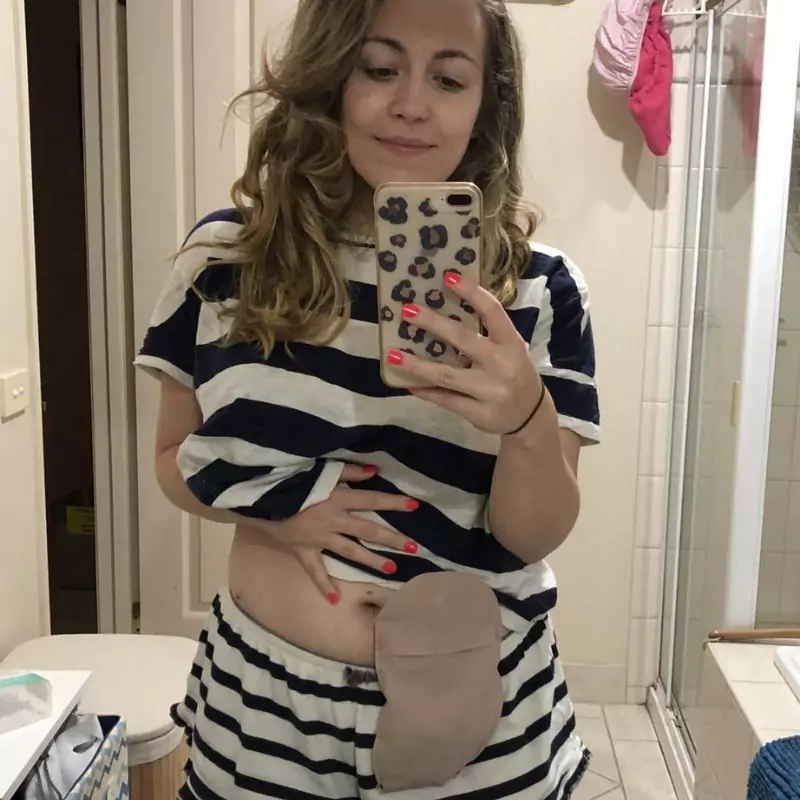
Common Causes of Bowel Cancer
Understanding the causes of bowel cancer can help in its prevention and early detection. While the exact cause of bowel cancer is not always clear, several risk factors can increase the likelihood of developing this disease:
Diet
A diet high in red or processed meats and low in fiber can increase the risk of bowel cancer. Consuming a balanced diet rich in fruits, vegetables, and whole grains is recommended.
Age
The risk of bowel cancer increases with age. Most people diagnosed with the disease are over the age of 50.
Family History
Having a family history of bowel cancer or inherited conditions like Lynch syndrome or familial adenomatous polyposis can increase the risk.
Personal History
Individuals who have had bowel polyps or inflammatory bowel disease, such as Crohn’s disease or ulcerative colitis, are at higher risk.
Lifestyle Factors
Lack of physical activity, obesity, smoking, and heavy alcohol consumption are all lifestyle factors that can contribute to the risk of developing bowel cancer.
Raising Awareness
Now, Jody is on a mission to raise awareness about the early symptoms of bowel cancer. She emphasizes that there should be no taboo about discussing bowel health. Blood in the stool, whether a little or a lot, should always be investigated. Jody’s story underscores the importance of listening to our bodies and seeking medical advice when something feels off.
Health and Life Insurance
Jody’s experience also highlights the importance of health and life insurance. Being diagnosed with a serious illness like cancer can bring unexpected medical expenses and financial strain. Health insurance can cover the costs of treatments, surgeries, and hospital stays, providing much-needed financial relief during such challenging times. Additionally, life insurance can offer peace of mind, ensuring that loved ones are financially protected in case of an untimely death.
For young adults, having health and life insurance is crucial. It not only provides financial security but also ensures access to necessary medical care without the burden of exorbitant costs. In Jody’s case, having the right insurance could have made a significant difference in managing the financial aspects of her treatment.
The Importance of Regular Check-Ups and Screenings
Regular health check-ups and screenings are vital for early detection of serious illnesses. Jody’s story serves as a reminder that early detection can save lives. Routine screenings, such as colonoscopies, can detect cancer at an early stage when it is most treatable. For individuals with a family history of cancer or those experiencing unusual symptoms, regular check-ups with a healthcare provider are essential.
Support Systems and Mental Health
Dealing with a cancer diagnosis is not just a physical battle; it is also an emotional and mental one. Jody’s journey was made bearable by the support of her family, friends, and healthcare team. Having a strong support system is crucial for anyone facing a serious illness. Emotional support can help patients cope with the stress, anxiety, and depression that often accompany a cancer diagnosis.
Mental health care is equally important. Counseling and therapy can provide patients with the tools to manage their emotions and navigate the complexities of their diagnosis and treatment. For Jody, maintaining a positive outlook and seeking emotional support were key components of her recovery.
Jody’s Advocacy
Jody’s advocacy efforts focus on breaking the stigma surrounding bowel health. She encourages open conversations about symptoms and the importance of early detection. By sharing her story, Jody hopes to inspire others to take their health seriously and seek medical advice when needed. Her message is clear: there is no shame in discussing bowel movements and seeking help for abnormal symptoms.
Jody Horne’s journey from a carefree life to battling bowel cancer is a story of resilience, hope, and advocacy. Her experience underscores the importance of recognizing early symptoms, seeking timely medical attention, and having the right health and life insurance coverage. Jody’s mission to raise awareness about bowel cancer and encourage open discussions about health is a testament to her strength and determination.
By sharing her story, Jody aims to save lives and empower others to take charge of their health. Her journey serves as a powerful reminder that early detection can make all the difference, and there should be no taboo when it comes to discussing our health.
Additional Resources
For more information on bowel cancer symptoms and prevention, visit the NHS website here. If you experience any symptoms, do not hesitate to seek medical advice. Remember, early detection can save lives.





















